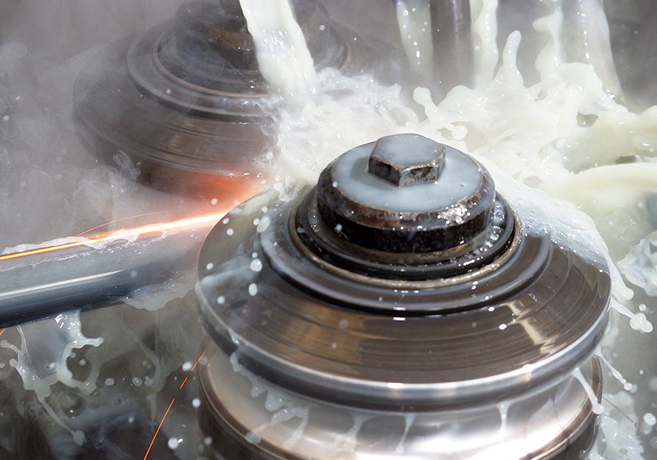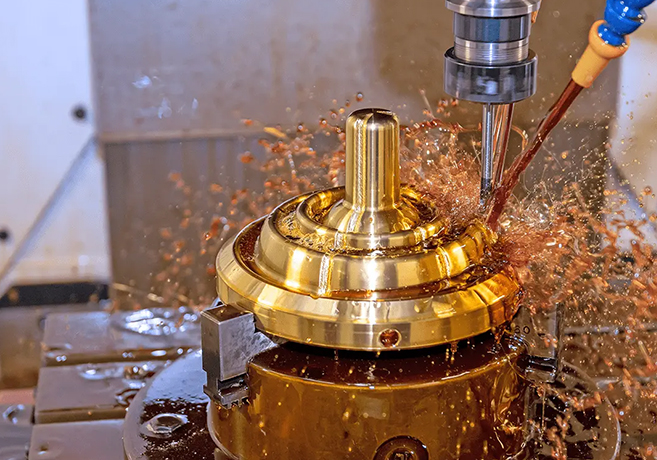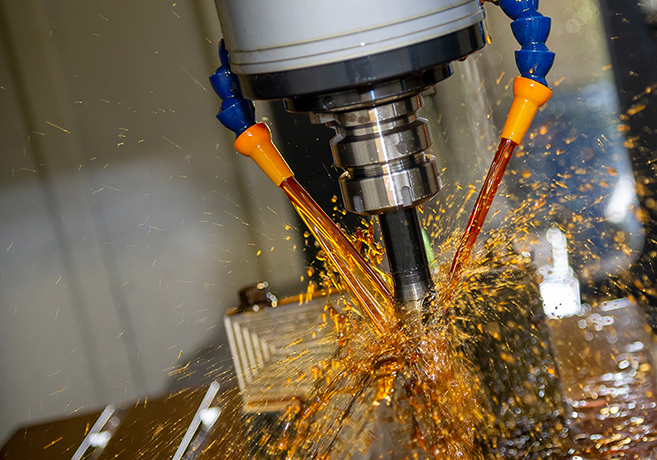
- MENU
- About Us
- About Management
- Vision & Mission
- Avalanche Insights
- Oils & Lubricants
- Automotive Lubricants
- Industrial Lubricants
- Metal working fluids
- Marine Lubricants
- Grease
- Transformer Oil
- White Oil
- Diesel Exhaust Fluid (DEF)
- Chemical Solvent
- Biochemicals
- Knowledge Base
- Careers
- Get in Touch
- Site Map



